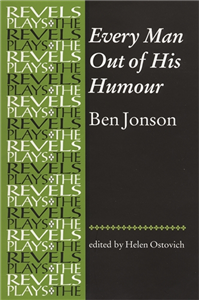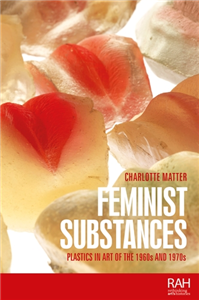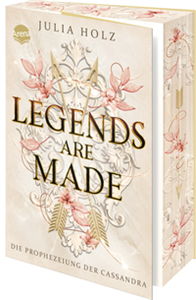Synchrono ELT Publications
Their aim has been to teach English to learners of all ages taking into account the innate language instict people have and try to facilitate the learning process benefiting from this. In that direction, verb-based language structures are taught which highlight the linguistic mechanisms that are naturally activated in the learner's linguistic resources. By doing so, learning a foreign language comes easy, owing to assisting the linguistic mechanism which leads to speaking complete and meaningful phrases right from the very first lesson through the dynamic approach of systematic questioning and answering.
View Rights Portal



























